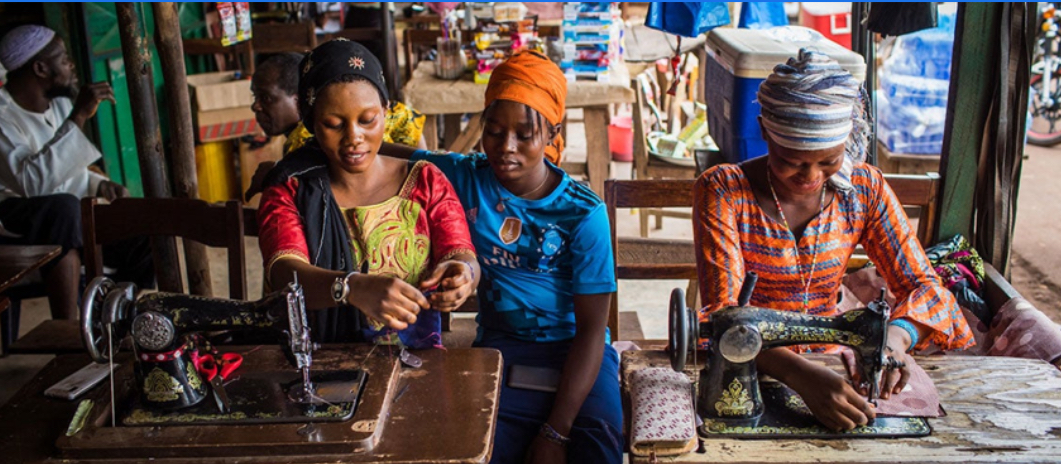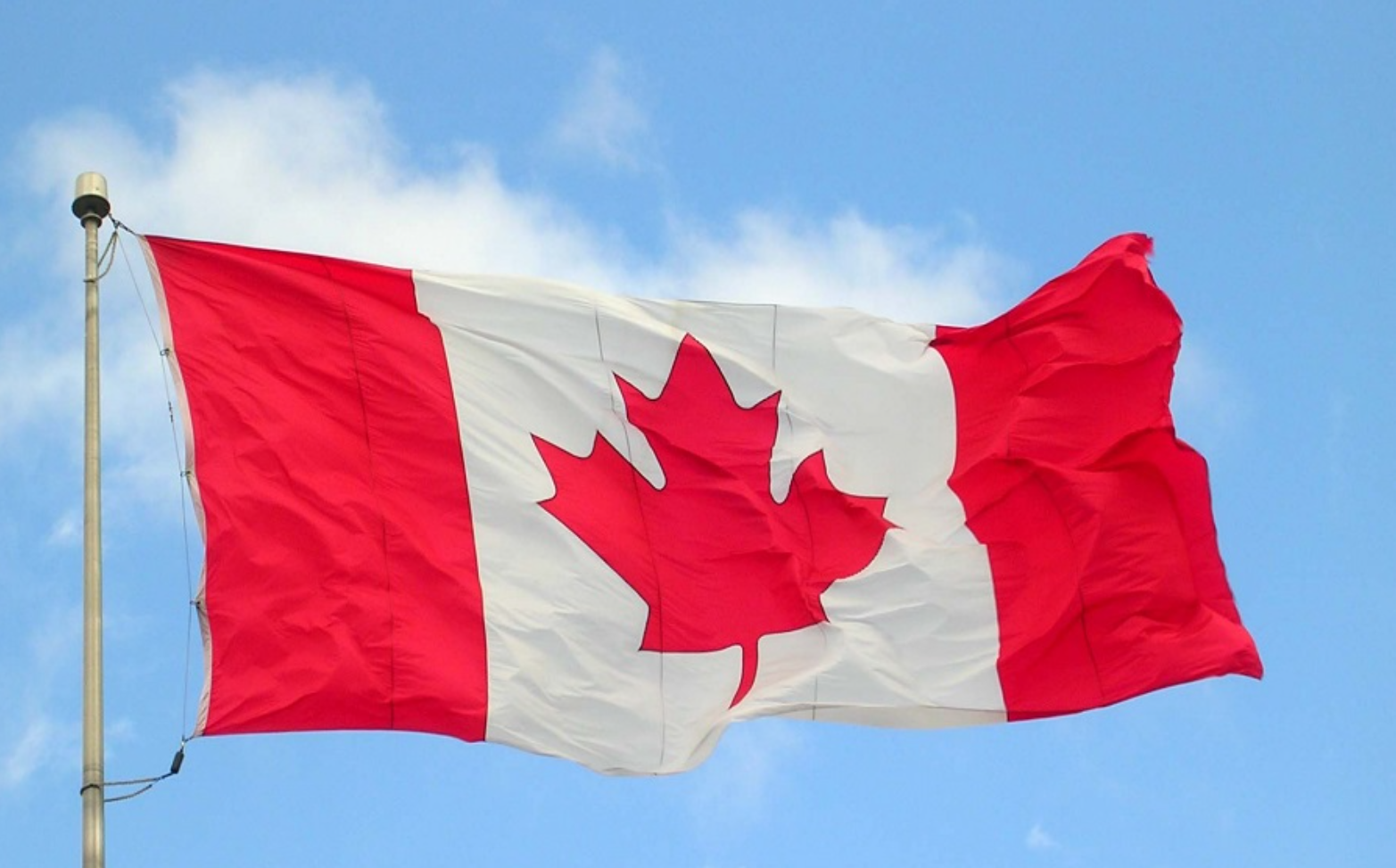Canada extends work permit access for international students to 2026
Canada has extended the grace period for international students affected by recent changes to the Post-Graduation Work Permit (PGWP) program, pushing the enforcement of new rules to early 2026.
The move offers temporary relief for students enrolled in non-degree college programs that were previously set to lose PGWP eligibility.
According to TravelBiz, the extension means that hundreds of diploma and certificate programs initially slated for removal from the PGWP list on June 25 will remain eligible for several more months.
Students who applied for study permits between June 25 and July 4, 2025, will still qualify despite the policy shift.
The number of PGWP-eligible programs has risen from 920 to 1,107, expanding post-study work opportunities for international graduates. The permit allows graduates from Canadian DLIs to work in any sector for up to three years and remains a key route to permanent residency through pathways like Express Entry.
The change comes in response to student and institutional concerns over the speed and scope of earlier reforms announced by Immigration, Refugees and Citizenship Canada (IRCC). On June 25, IRCC updated the Classification of Instructional Programs (CIP) codes used to determine PGWP eligibility.
The update added 119 new CIP codes, mainly in education, and removed 178, including all transport-related programs. The policy primarily targets non-degree programs and affects students who submitted study permit applications on or after November 1, 2024.
This change is expected to ease concerns among students and institutions that had been grappling with the implications of the earlier directive.
However, IRCC has confirmed that the old rule will still apply to students who applied before the deadline.
This means international students who submitted their study permit applications before June 25, 2025, remain protected and will continue to qualify for a PGWP, provided their program was eligible at the time of their application, regardless of subsequent changes.
By extending the grace period, Canadian authorities aim to ease the transition for students and institutions, providing time to adapt before the new rules take full effect in 2026.
You may also like...
The Schooling Trap: Is Our Education System Programming Minds for Compliance, Not Success?

Is traditional schooling programming minds for compliance, not success? Uncover how outdated education stifles creativi...
The Dark Side of Influencer Culture

This thought-provoking piece uncovers the hidden struggles behind influencer culture in Africa—from performance pressure...
Financial Literacy Isn’t a Luxury—It’s Survival

In today’s Africa, financial literacy is no longer optional—it’s survival. This article explores why Africans must mast...
The Dark Side of Wanderlust: Is Our Obsession with "Revenge Travel" Destroying the Very Places We Lo

Your vacation photos don't tell the whole story. Uncover how global "revenge travel" fuels overtourism, displacing loca...
Unlocking the Mind: How Knowledge Transforms the Brain in the Age of Information

Discover how learning and reading physically rewire the brain in the age of information. This article explores neuroplas...
When Time Becomes the Teacher: How Life’s Seasons Shape Who We Become

Meta Description: Explore how life’s seasons; spring, summer, autumn, and winter, shape personal growth and transformat...
“I Don’t Like Broke Men, But I’m Also Broke”: The Dating Dilemma No One Talks About

A sharp, honest take on the double standards young women hold about dating broke men — while being financially dependent...
The Unseen Giant: How Africa's Informal Economy Fuels Innovation (Beyond the Official Books)

Uncover Africa's vibrant informal economy, a powerful engine of innovation and livelihood often ignored. Discover how un...




